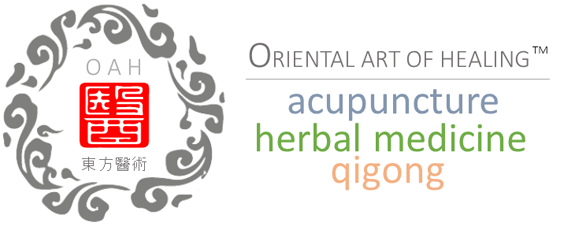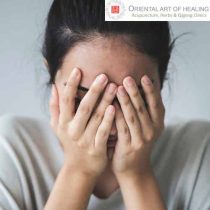Why Acupuncture Works for Anxiety Relief
According to the Anxiety Disorders Association of America, anxiety disorders are the most common mental health disorder in the United States. Anxiety disorders affect 40 million adults and have cost more than $42 billion a year.
Certain challenging or traumatic events may produce feelings of anxiety, worry or fear, this is normal being human. However anxiety becomes a problem when emotional reactions are out of proportion to what might be considered a “normal” reaction to a situation.
If symptoms of anxiety persist and begin to interfere with a person’s daily functioning or sleep patterns, it may be possible they have an anxiety disorder. Mild anxiety leaves a person feeling slightly unsettled, while severe anxiety can be extremely debilitating.
Regardless of severity, an anxiety disorder should not be left untreated.
Anxiety is a general term used for several disorders that share common symptoms, these symptoms include nervousness, worrying, apprehension and fear.
Acupuncture Can Help.
In many Western schools of thought, anxiety disorders are considered to be dysfunctions of brain chemistry. An acupuncturist does not view anxiety as a brain dysfunction, but rather as an imbalance in a person’s organ system.
In Traditional Chinese Medicine, this imbalance is called Shan You Si (“anxiety & preoccupation”), and is believed to affect the main organs: the heart, lung, spleen, liver, and kidneys.
The role of an acupuncturist is to investigate the underlying causes of the anxiety, this is done by carrying out a thorough diagnostic evaluation in order to determine which organ systems are out of balance.
The acupuncturist will seek to restore the imbalance by carefully inserting fine, sterile needles into the acupuncture meridian points correlating to those organs.
Additionally, acupuncture helps to reduce stress, encourages and supports a greater sense of well-being and balance.


